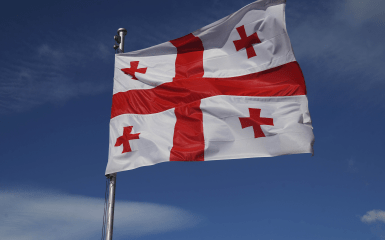According to the commander of the Ground Forces of the Ukrainian Armed Forces Oleksandr Pavlyuk, during the last week of the war against Ukraine, the occupying army of the Russian Federation lost more than 6,500 soldiers.
What is known about the losses of the Russian army during the week of the war in Ukraine
During the week from April 21 to 28, 2024, the Defense Forces of Ukraine destroyed about 6,620 enemy personnel, Pavlyuk said.
According to him, the losses of the occupiers of the Russian army in military equipment amounted to:
50 tanks,
95 armored vehicles,
229 art systems,
4 RSZV,
9 air defense systems,
280 units of armored vehicles,
45 units of special equipment,
9 rockets,
128 BpLA
What is known about the situation at the front
According to Oleg Kalashnikov, head of the press service of the 26th Artillery Brigade named after Colonel-General Roman Dashkevich, in a comment to Espresso journalists, the occupation army of the Russian Federation is trying to bypass Chasiv Yar in Donetsk region from the flanks, but cannot break through the defense of the Armed Forces of Ukraine.
Indeed, the Russian occupying forces like to storm the city, bypassing the settlement from the flanks. However, today this task is impossible for them in relation to the Temporal Yar. Since they are hindered from the southern flank by Ivanivske, where the fighting continues, as well as Klishchiivka and Andriivka. The occupiers also do not have a wide field of action from the northern flank. Therefore, they cannot bypass the city from the flanks, but try to storm Chasiv Yar directly, — explains Kalashnikov.
According to him, war criminals of the Russian army are trying to attack the positions of the Armed Forces from several directions at the same time with the use of heavy aerial bombs.
The occupiers are storming Chasiv Yar in more than one area. They try to carry out assault actions in several areas at the same time. First, they attack the positions of the Defense Forces with KABs. Although, if we take the tactics of NATO, then the aviation works first, and only then the infantry. The Russians already work together. "They can simultaneously drop anti-aircraft missiles and storm our positions," the soldier explains.








